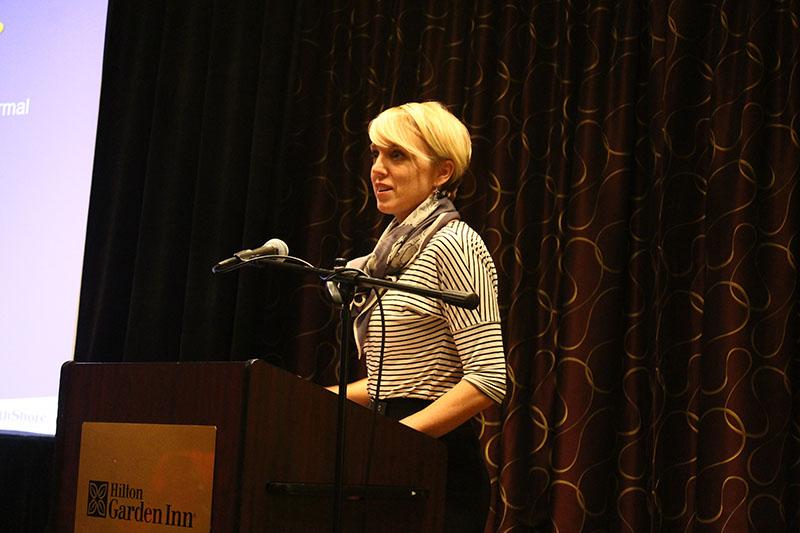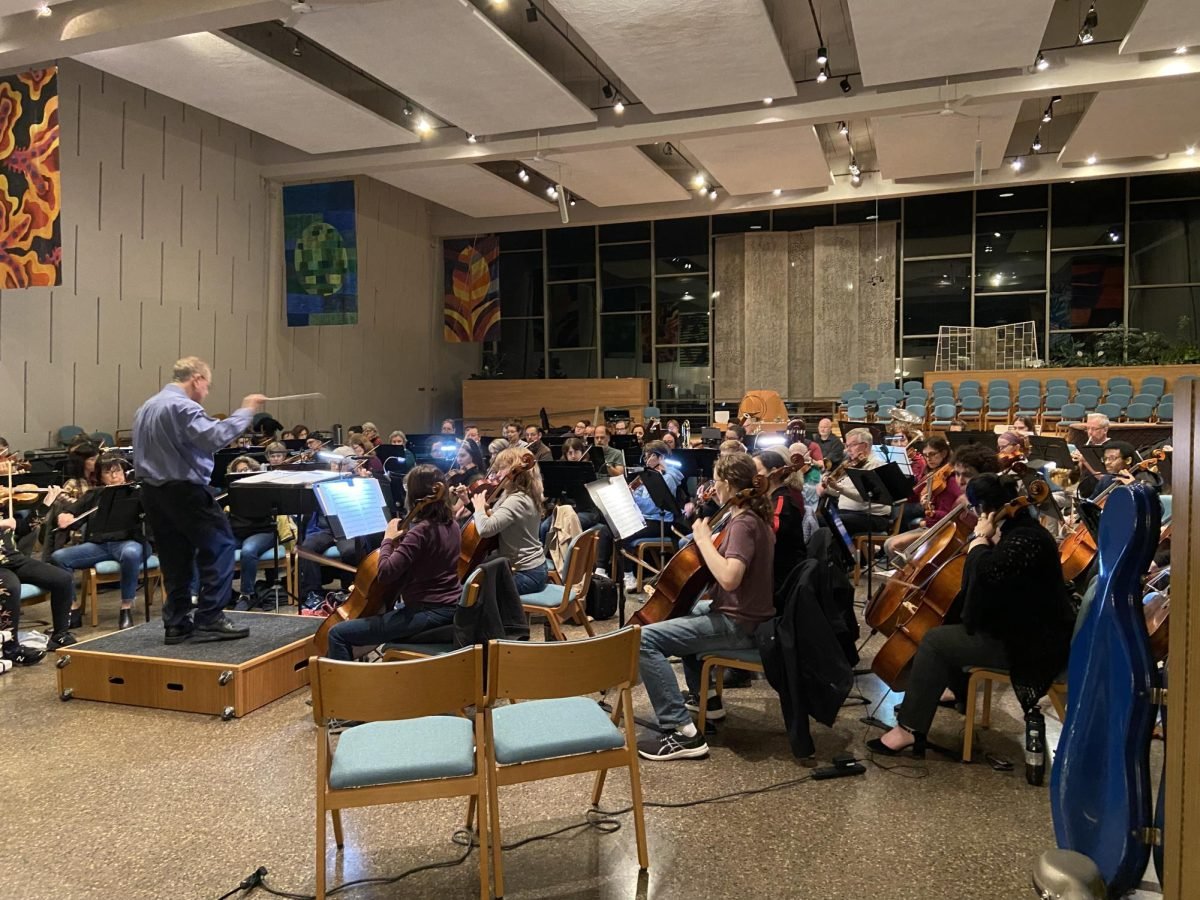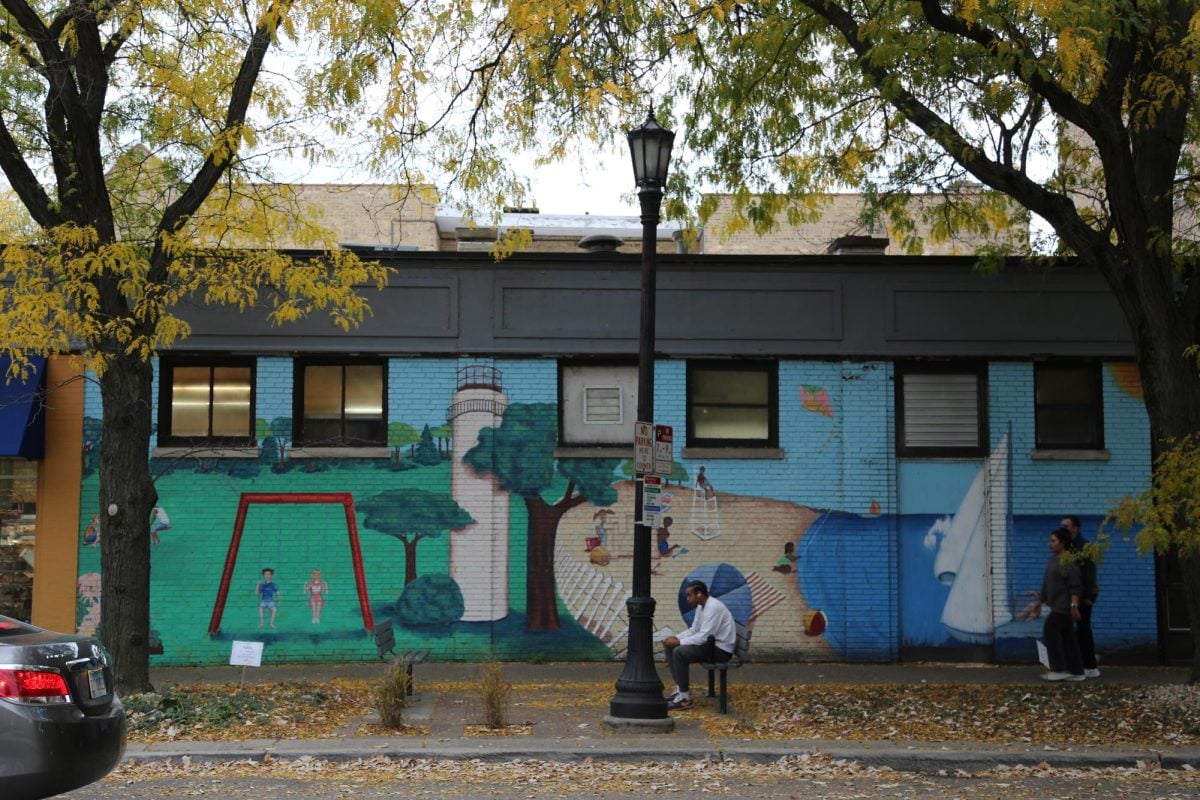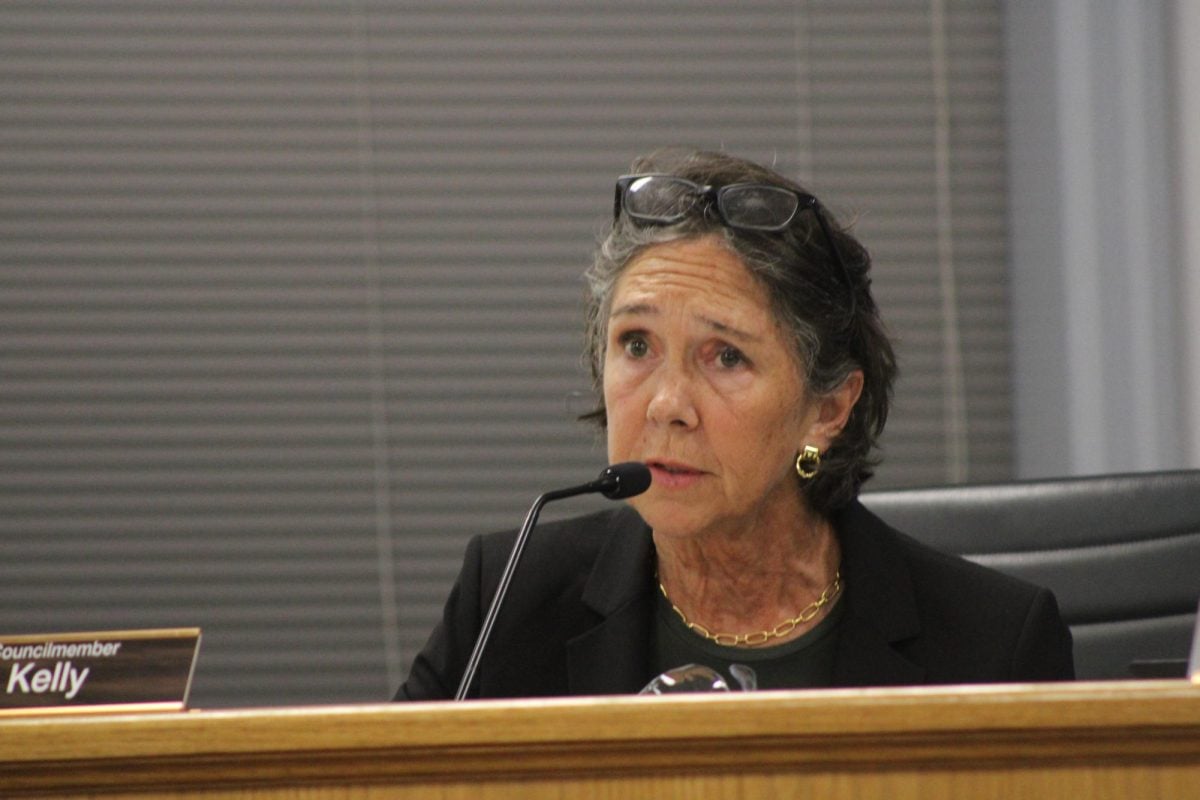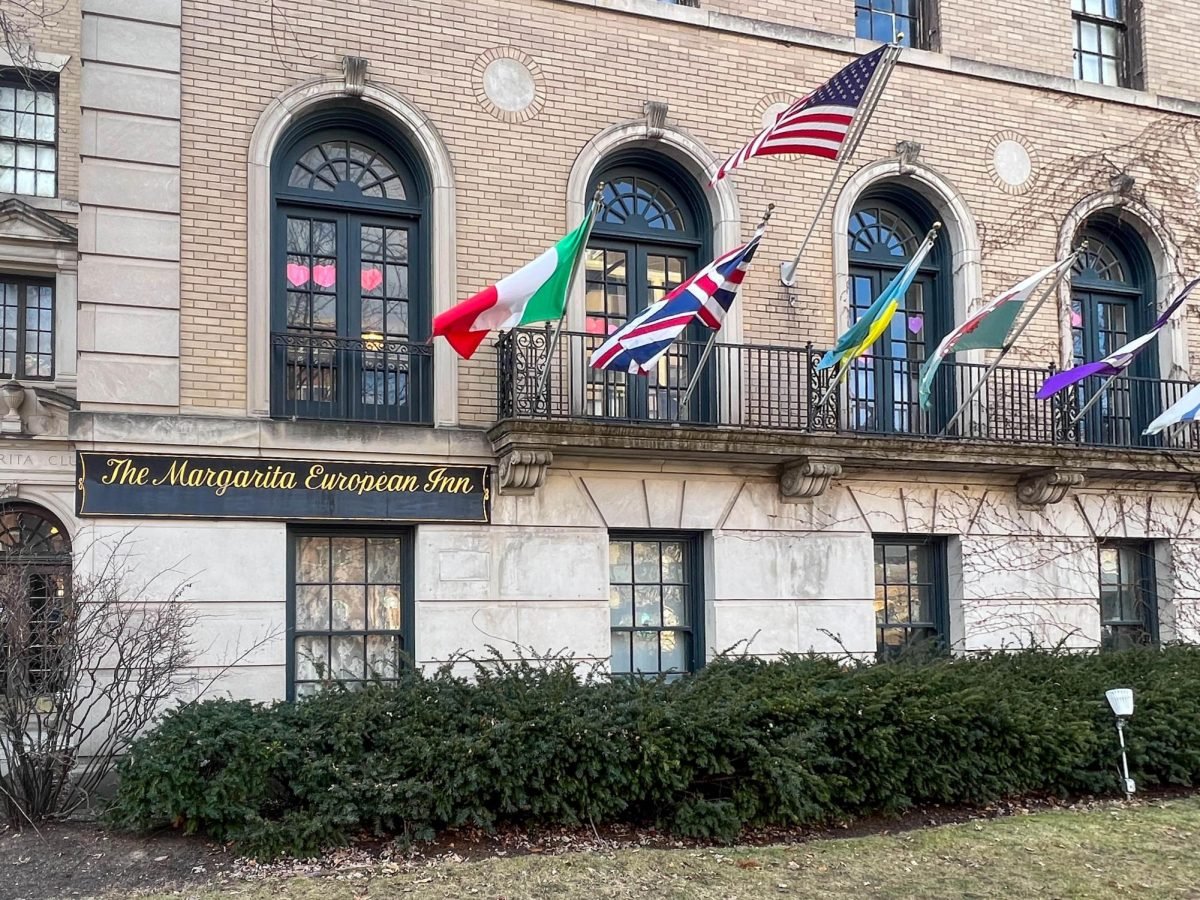Evanston health care professionals on Wednesday night offered strategies for addressing the changes in mental health as people grow older.
The NorthShore University HealthSystem presented “Navigating Mental Health As We Age” at the Hilton Garden Inn, 1818 Maple Ave., in Evanston.
Dr. Frederick Miller, NorthShore’s psychiatry department chairman, introduced the relationship between mental health and aging.
“How do you know this is normal?” he asked the 20–person audience.
Beginning at the infancy and childhood stage, clinical psychologist Nneka Onyezia said parents should establish trust and develop healthy relationships with their children. As all children are different, she said there are many acceptable forms of behavior.
“’Normal’ is a range,” she said.
Teenagers can use adolescence as a time to try new things and discover their identity, said Shawn Coyne, another clinical psychologist.
She added adolescents may experiment with their gender and sexuality, as well as try and find ways to rebel against their families’ expectations.
Bethany Price, also a clinical psychologist, argued young adulthood through middle age differs because “rather than being cared for, now we’re caring for others.” For instance, college students often develop their strongest relationships during this period.
“The college experience is so important,” she said. “The relationships that we form at that time are quite intense because it is our first go around with independence.”
Many college students come into her office, Price noted, worrying they aren’t doing college “the right way.” She tries to reassure these students that no such way exists and what they are feeling is perfectly normal.
Once these students reach old age, they face new responsibilities and appreciate life’s subtleties more, social worker Helene Moses said.
“Ultimately, we’re going to choose if we’re going to greet this new stage with optimism and adventure, or not,” she said.
Elvia Esparza, a Highland Park resident who attended the event, said she hoped the dicussion would provide information on working with seniors who may struggle with mental health issues.
“It is very important that once you’ve been diagnosed with a mental health issue, you seek and accept help,” she said.
Miller said organizing the panel gave NorthShore an opportunity to address the life cycle of psychological well-being.
“We are so frequently confronted with the basic question of ‘what’s normal,’” he said. “We wanted to try to provide a basic map about psychological development and what the challenges are.”
Email: [email protected]
Twitter: @OliviaExstrum
